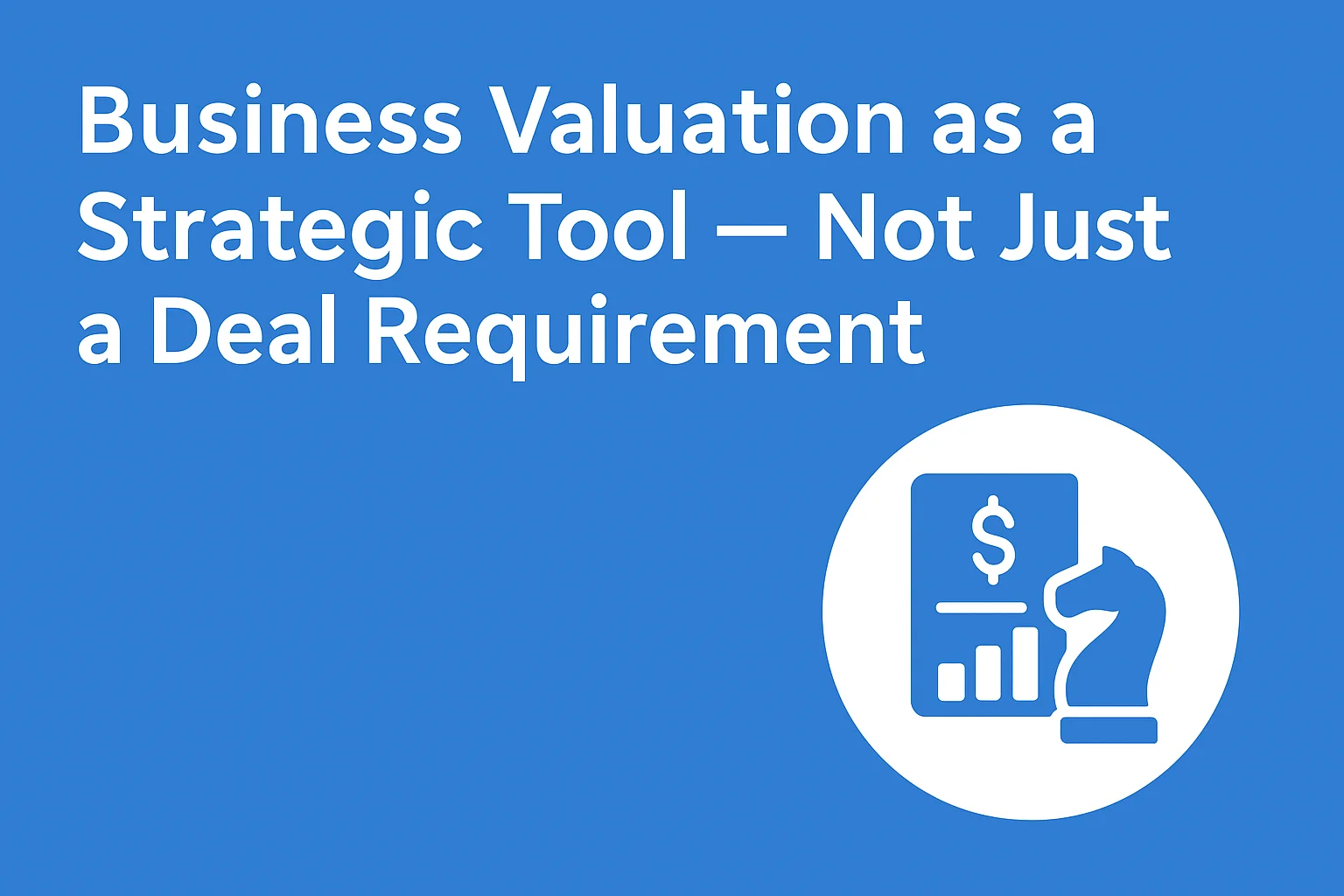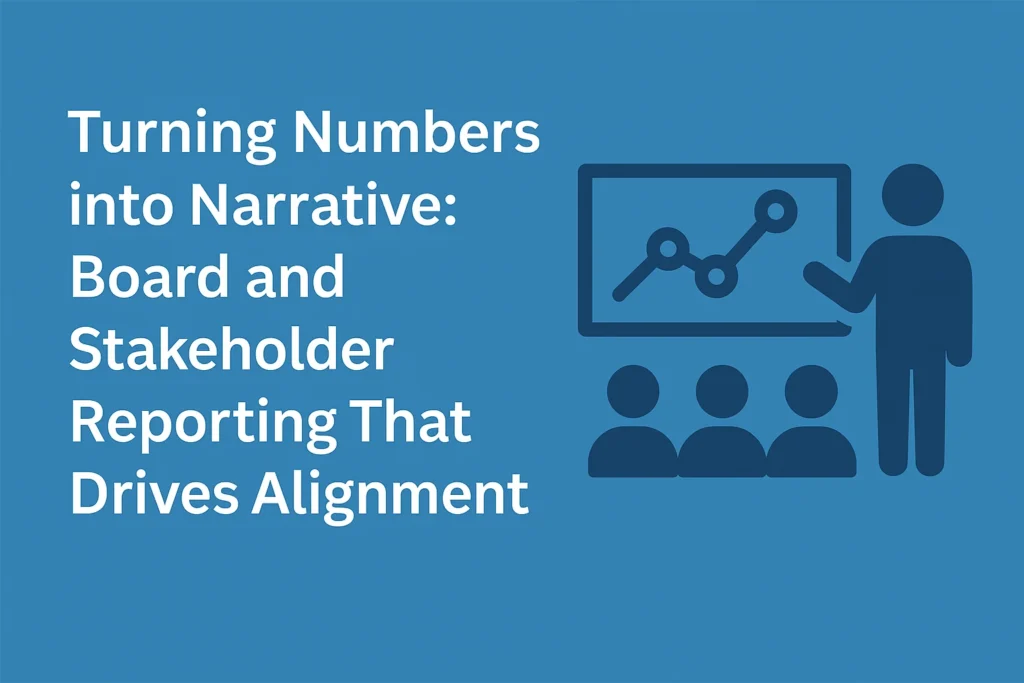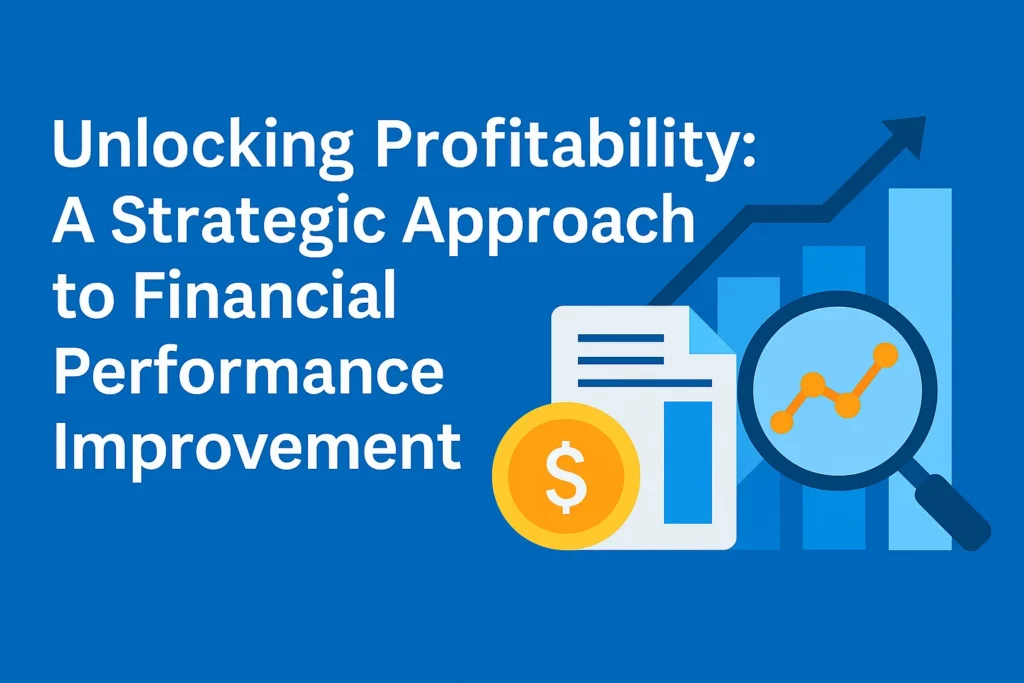Most companies only think about valuation when they’re preparing for a fundraise, acquisition, or exit. But smart organizations know that business valuation is more than a number — it’s a lens through which to assess strategy, performance, and shareholder value. Used correctly, valuation becomes a strategic compass, not just a compliance checkbox.
Why Valuation Matters Beyond Transactions
Yes, valuation is essential for M&A, fundraising, ESOPs, and financial reporting. But it’s also invaluable for:
- Measuring return on strategic initiatives
- Aligning leadership around value creation drivers
- Supporting long-term planning and capital budgeting
- Managing investor and board expectations
- Prioritizing high-impact growth levers
Understanding what drives enterprise value helps leadership steer decisions more effectively — from pricing and product to hiring and M&A.
Common Valuation Methods — And When to Use Them
1
Discounted Cash Flow (DCF)
Ideal for businesses with predictable cash flows. Requires strong assumptions and scenario modeling.
2
Market Multiples (Comparable Companies)
Useful for benchmarking against similar public/private peers. Simple but may overlook company-specific dynamics.
3
Precedent Transactions
Good for M&A scenarios, especially in consolidating industries.
4
Asset-Based Valuation
Used in distressed or asset-heavy businesses (less common for services or SaaS).
How Offshore Analysts Enable Better Valuation Practice
Internal finance teams often lack bandwidth or expertise for thorough, recurring valuation analysis. Offshore support helps by:
- Gathering comps and industry benchmarks
- Building dynamic DCF and LBO models
- Creating valuation bridges across time periods
- Supporting ESOP, cap table, and dilution modeling
- Updating models for board and investor conversations
At Valorega, we’ve supported valuations ranging from $5M seed-stage startups to $500M enterprise acquisitions.
Pro Tip: Build Valuation Thinking Into Strategic Finance
Instead of dusting off an old model when a deal is near, integrate valuation analysis into quarterly planning and board reviews.
It encourages:
- Smarter capital allocation
- Greater accountability for returns
- Data-driven leadership conversations
Final Thoughts
Business valuation is not just for investors — it’s for anyone serious about building long-term enterprise value. By embedding valuation into strategic finance, companies sharpen their decision-making edge.



